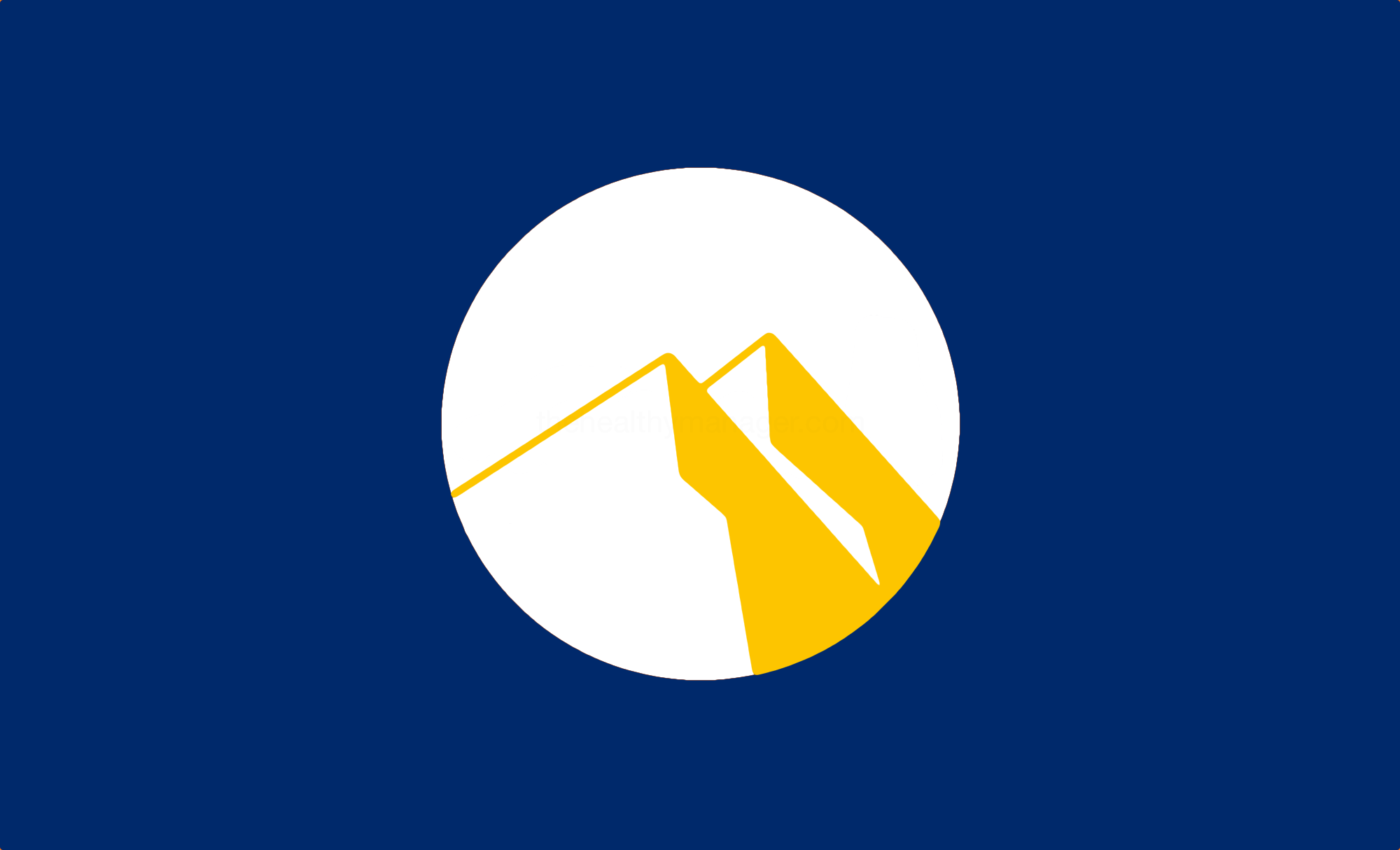From plateau to plateau
How plateaus act as safety nets when climbing mountains

Have you climbed a mountain and felt out of breath? A mountain so high, that it takes days to reach the top. One that makes you care about altitude and makes you feel it if you don’t. Higher altitude lets oxygen levels decrease, and climbing too quickly can cause altitude sickness. The body needs time to adapt. As it does, your breathing depth will increase and your body will create more red blood cells, becoming better at using less oxygen. Acclimatization takes time. Climbers follow the “climb high, sleep low” rule, meaning they decrease their altitude before sleeping. That's because going down is part of climbing up.
This can teach you a lot about being a manager — or becoming one. But first, here’s how I learned this lesson.
This happened in the Himalayas with my friends. The ascent took four days. On day two, about 3,000 meters up, I felt the first signs of altitude sickness. My energy levels dropped and my body demanded rest. On day three, we hiked for three hours until we reached base camp, which was 3,500 meters up. There, we had to take time to acclimatize; there’s only two thirds as much oxygen as you’ll find at sea level. I was tired and my body felt heavy. Staying on this plateau gave our bodies time to adapt.
On day four, we left our backpacks at camp, only taking water and snacks with us. By the time we reached the top at 5,000 meters, my heart was pounding and my lungs were screaming for air. The view from the Mardi Himal was breathtaking. The wall of the 8,000 meter-tall Annapurna emerged from the Himalayas. It claimed all space in my mind; no thought was strong enough to remain. It was a powerful moment, and we lost track of time. Day turned to night during our 1,500 meters descent as our phone lights were dancing in the pitch black.
It would have taken days to acclimatize at 5,000 meters, and we had a tight schedule. Our bodies were only capable of functioning at this altitude for a limited period of time. That’s why we’ve covered 1,500 meters up and down in one day. It gave us the possibility to see the world from there, however we were not ready to stay on that level.
Climbing up quickly can give you short-term success. You might fall into the illusion that this will continue long-term. Soon you’ll notice the air is thin and walking feels like wading through water. Without taking the time to adjust as you climb, it’ll get hard to breathe. If you continue to push, your body will face challenges that will force you to turn around or wait for rescue. It's a matter of time until you regress to your last plateau. Remember, what goes up quickly also comes down quickly.
What I have learned in climbing and life is that growth doesn’t come overnight. Spending time on a plateau doesn’t mean you’re stuck. Your most recent plateau is the level of performance you can confidently, comfortably, and consistently maintain. It’s your base for your next ascent — and your next adventure.
How do you create these plateaus as a manager?
Create plateaus by building out your skills. As an individual contributor, you are used to delivering impact through tangible skills. This could be technical expertise or the ability to architect and design a system. As a manager, you deliver impact through people. Suddenly, the intangible skills gain greater importance.
You might have seen quick and significant improvements in your tangible skills by reading or conducting courses. The same approach won't bring you the same results for your intangible skills. Some of them are the ability to build trust or show vulnerability, your emotional intelligence (EQ), resilience or self-awareness. These things take time and reflection.
You will experience altitude sickness for not having the trust of your team or not being able to manage your emotions. Your tangible skills are not a predictor for your success as a manager. This is a common misconception for people who want to become a manager. Intangible skills take time to acclimatize.
Going on vacation and taking a rest is part of the growth. The same way climbing down is part of the ascent. You learn the intangible skill of letting go and switching off. The context switch might trigger reflections and realizations that you wouldn't get in your day to day. You learn to listen - to yourself.
There are lots of opportunities to peek into the manager role, e.g. your manager is on vacation, and you assume wider responsibilities during their absence. It will give you a first sense of what it takes. You might not be ready yet to stay on that level long-term, however you’ll draw insights that will help you grow. It’s the same as if we were not ready to stay longer at 5,000 meters. We peeked and saw the world from there.
Growing is a lot like climbing. Remember that acclimatization is part of the journey, and we want to build sustainable plateaus by investing into our skills.
